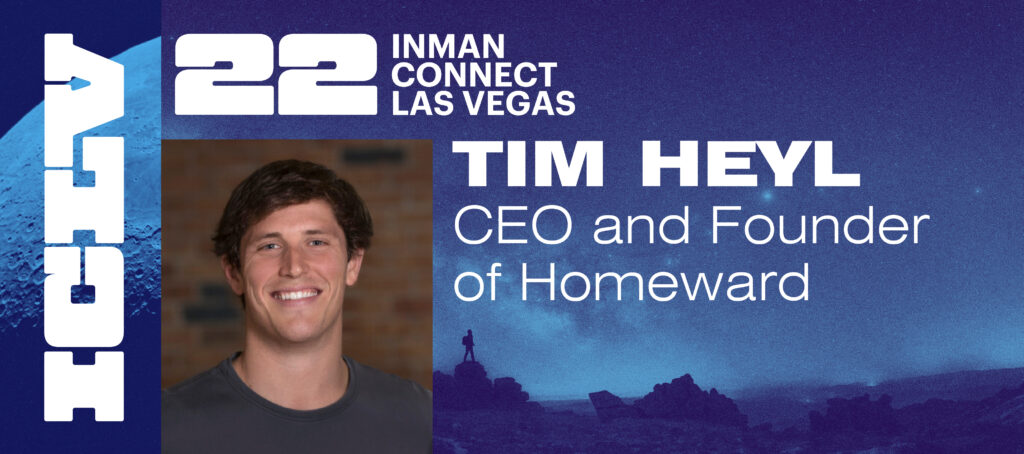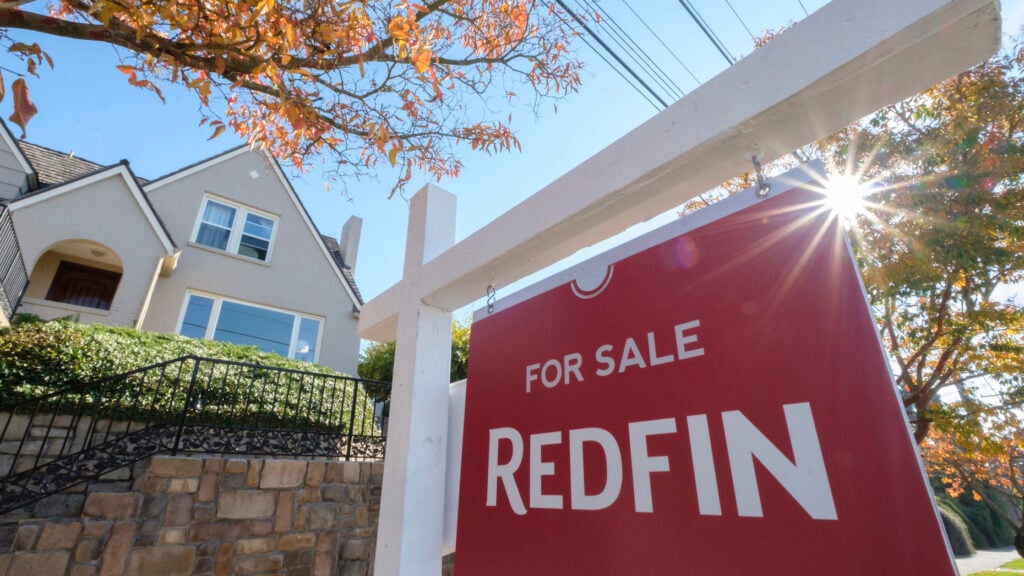In a shifting real estate market, the guidance and expertise that Inman imparts are never more valuable. Whether at our events, or with our daily news coverage and how-to journalism, we’re here to help you build your business, adopt the right tools — and make money. Join us in person in Las Vegas at Connect, and utilize your Select subscription for all the information you need to make the right decisions. When the waters get choppy, trust Inman to help you navigate.
Before the rise of COVID, so-called Power Buyers set out to offer homeowners enhanced financial tools to tap into liquidity before selling and provide guarantees to add confidence to a home purchase transaction.
When competition for homes intensified in the second half of 2020, agents realized buyers desperately needed those tools to make offers capable of beating out multiple bidders.
By filling this need, companies like Knock and Orchard were effectively strengthening homebuyers’ cash offers to compete with traditionally financed bids. Over the ensuing two years, companies including Homeward became synonymous with the power of a cash offer.
To put the growth into perspective, Homeward CEO Tim Heyl told Inman his company grew 500 percent in 2021. Despite the broader slowdown and shift from cash offers as a near-necessity, Homeward is now on pace to grow more than 300 percent this year.
But as mortgage rates continue to rise and inventory increases, albeit modestly, the market has shifted away from buyers needing cash to win out. For Homeward, that means doubling down on fundamentals including affordability, successful offers and liquidity. Heyl will be on stage at Inman Connect Las Vegas in August to talk about that and more, but he met with Inman earlier this week to dish on how Homeward is poised for future success.
The following interview has been edited and condensed for clarity.
Inman: We talked three months ago. Things have changed so dramatically since then, and it’s made me think about how Homeward is one of these new era companies that has operated exclusively in an intense seller’s market. How do you feel flying into that?
Heyl: Homeward was started in 2018, but we didn’t even service our first customer until January 2019. The business was built all around one very specific problem which was liquidity.
It’s interesting to think that Power Buyers got closely tied to the concept of cash offers. But that’s just part of the value you’re offering buyers and sellers.
For Homeward, in January 2021, really toward the end of 2020 and the start of 2021, the market just went nuts. We had agents asking us every day: ‘Can we use Homeward for our first-time homebuyers? They don’t have a house to sell, but we need this to compete.’ For all of 2020, our answer was no. We weren’t built for that.
Finally we got our act together and pulled together our buy with cash product where basically any homebuyer could use Homeward to have the power to compete. That didn’t solve the liquidity problem, it solved the power problem. That’s where the term Power Buyer came from — this ability to make a cash offer.
Is the term Power Buyer itself going away?
When it was coined “Power Buyer,” it was coined in the framework of enabling a first time homebuyer to make a cash offer to be more powerful in a multiple offer situation. That term can either go away or can evolve to mean something much bigger.
I think the term “Power Buyer” is fine as long as it’s recognized in a broader sense than what it was referred to in the pandemic.
Power buying is shifting then, maybe back into its original form of broad alternative financing?
The way that I look at the landscape is there are three big ones that alternative finance seeks to solve. One is the problem with liquidity, one is this power problem and one is affordability.
Liquidity is not really changing. Whether in a buyer’s market, a seller’s market or a balanced market, that problem exists across the board. The second one, the problem of power and guarantees, it’s still relevant, it still exists, but the dynamic shifts.
There continues to be liquidity issues. Two to three more months of mortgage payments. Two to three more months without having access to that liquidity. Homeward is looking at how we take what we do well, which is strong guarantees, taking uncertainty out for both parties, a company that does that is very in tune with the market and it’s able to monetize the transaction in places where money is already changing hands, like mortgage and title.
How quickly is this change happening for the Power Buyers?
We’re just getting out of these extreme pandemic inventory lows. What that’s done is it’s shifted the organic demand for a buyer to need a cash offer as a baseline necessity. It’s turned that cash offer product into a nice to have, a feature upgrade.
There were a lot of people in the industry that said in the next couple years cash offers will be as utilized, or as expected by sellers and listing agents as a bank pre-approval letter is today.
I still believe that that statement is generally true, but I think the timeline is getting slowed down dramatically by having a market shift. We were maybe even only a year away from proof of cash funds being essentially a requirement to buy a house.
We didn’t cover what’s happening for affordability.
Affordability is becoming a massive, massive problem. Liquidity, that isn’t changing.
We’re saying how do we take the mechanics of our core business and give people who are just trying to list and sell their house more liquidity, more guarantees, faster close. All these things.
Also we’re trying to figure out hot to create more affordable options of buyers of all types.
Homeownership is not an equal playing field. It hasn’t been equal in the last 100 years maybe ever.
Is that going to be your new focus?
We are very far away but one very specific thing we are focused on now is helping low-income minority households to be able to buy a home in the city that they live.
If you think about Homeward. We’re operating in some of the most unaffordable markets in the United States. We’re looking at that saying, ‘How do we go to the opposite end of our client base — these people who are renting a home, they have no savings, credit may be good, may not be good. But they’ve got a job.
How do you help these people that haven’t had a chance get into a home? Theres’s lots of ways to skin that cat. From rent-to-own models to shared appreciation models to some other models that we’re working on. That group has never needed more help than today.
Email Taylor Anderson
Hear more from Tim Heyl in person — Aug. 3-5 at Inman Connect Las Vegas! Join us.



 Are You Interested in West Eleventh Residences Miami?
Are You Interested in West Eleventh Residences Miami? Are You Interested in ONE Park Tower by Turnberry?
Are You Interested in ONE Park Tower by Turnberry? Are You Interested in Diesel Wynwood Condominium?
Are You Interested in Diesel Wynwood Condominium? Are You Interested in Five Park Miami Beach?
Are You Interested in Five Park Miami Beach? Are You Interested in Cipriani Residences Miami?
Are You Interested in Cipriani Residences Miami? Are You Interested in Bentley Residences Miami?
Are You Interested in Bentley Residences Miami? Are You Interested in Baccarat Residences Brickell?
Are You Interested in Baccarat Residences Brickell? Are You Interested in Aria Reserve Miami?
Are You Interested in Aria Reserve Miami? Are You Interested in 888 Brickell Dolce & Gabbana | Miami?
Are You Interested in 888 Brickell Dolce & Gabbana | Miami? Are You Interested in 600 Miami WorldCenter?
Are You Interested in 600 Miami WorldCenter? Are You Interested in HUB MIAMI RESIDENCES?
Are You Interested in HUB MIAMI RESIDENCES? Are You Interested in WALDORF ASTORIA RESIDENCES?
Are You Interested in WALDORF ASTORIA RESIDENCES?